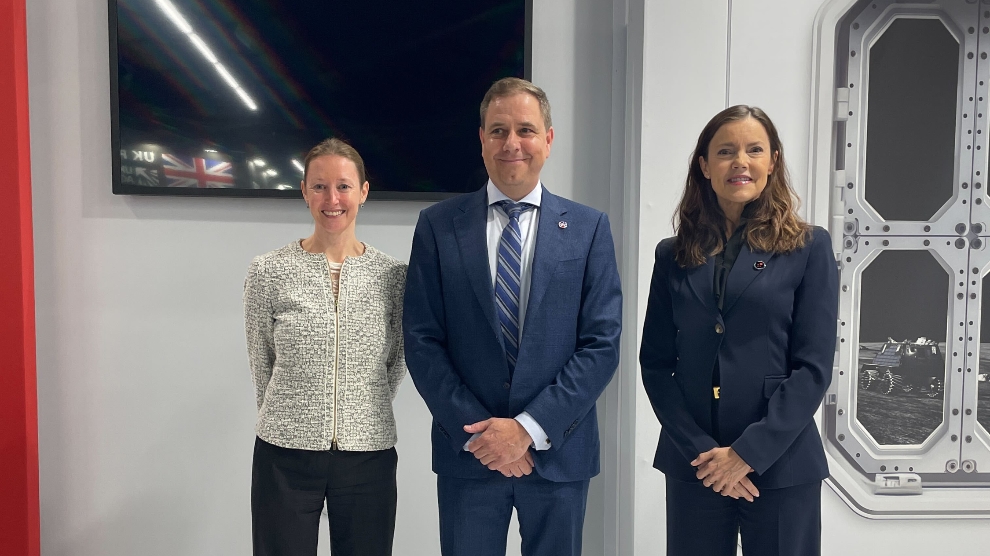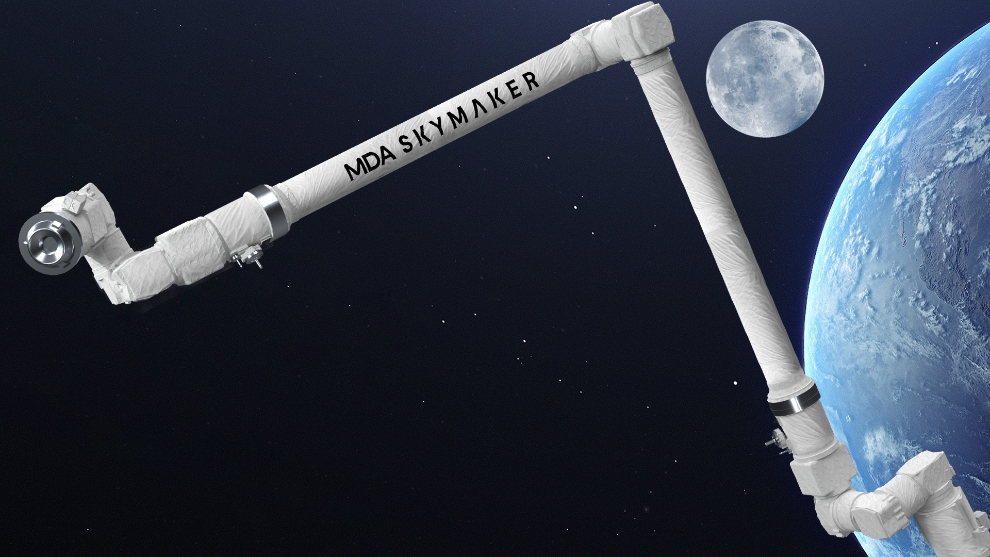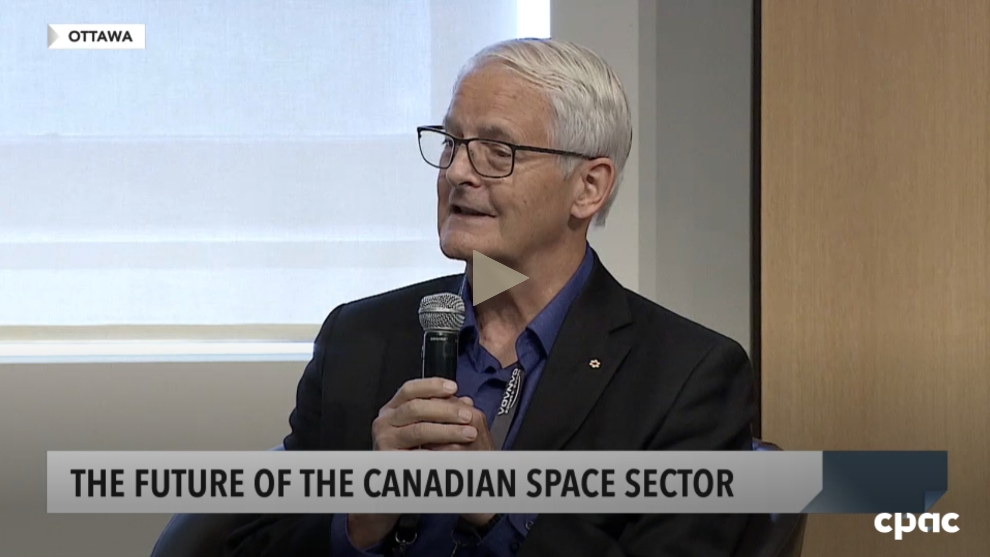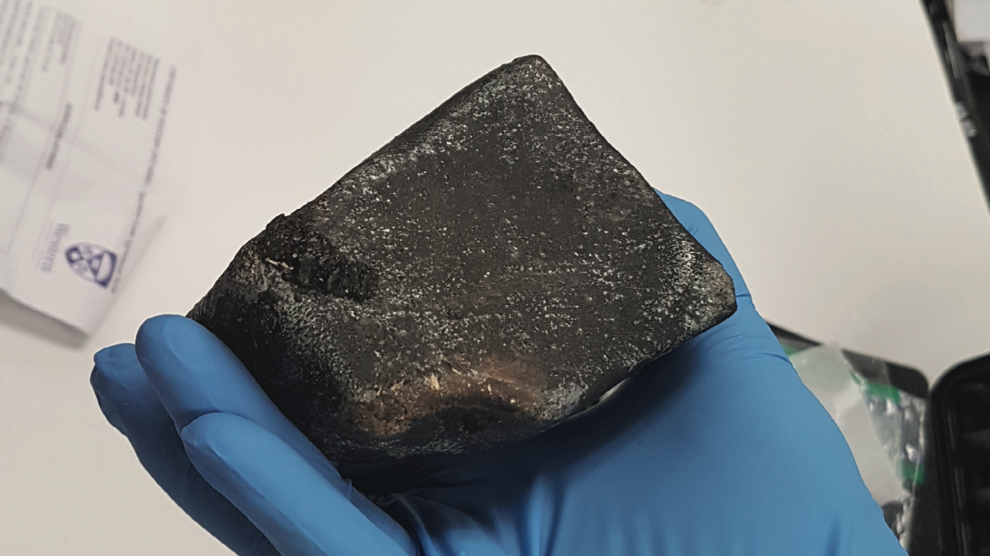Mission Control and Spire Global announced the Persistence Mission today at the International Astronautical Congress in Milan, an effort to advance Artificial Intelligence (AI) in space.
The companies introduced the mission at the Canadian pavilion at the International Astronautical Congress. They said the Persistence Mission is designed “to showcase how AI can be reliably used onboard satellites over a long period of time to generate actionable insights in real-time.”
Also present for the announcement was Lisa Campbell, President, Canadian Space Agency. The agency has been a long time supporter of Mission Control and is providing financial support so that Mission Control “can demonstrate how its AI technology can advance on-orbit processing.”
In a news release, the companies stated that “Spire has agreed to build and operate the LEMUR 6, a 6U satellite with an optical payload that will provide images of the Earth for analysis by Mission Control’s onboard AI algorithms. Mission Control has agreed to demonstrate its SpacefarerAI™ platform, designed to streamline the deployment and update of AI models for spaceflight applications. SpacefarerAI™ is expected to simplify how mission teams can harness the power of AI directly onboard their spacecraft, ushering in a new era for the use of AI in space and a better understanding of the Earth supported by AI.”

Ewan Reid, founder & chief executive officer of Mission Control said, “AI has proven itself as a critical tool in extracting valuable insights from the huge dataset generated from spacecraft observing the Earth. By moving the intelligence to the edge, onto the spacecraft itself, we will unlock new capabilities in intelligent remote sensing that are crucial to the future of earth observation and space exploration.”
Theresa Condor, chief operating officer at Spire added, “By leveraging our expertise in satellite and payload design, build and operation alongside Mission Control’s innovative AI software, this mission represents a significant step forward in advancing on-orbit AI processing. We are excited to contribute to the development of cutting-edge autonomous systems and driving technological progress in the space sector.”
The LEMUR 6 satellite is scheduled for launch no earlier than 2025.



